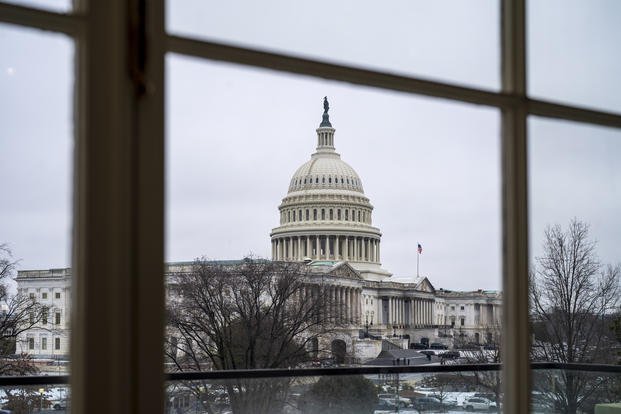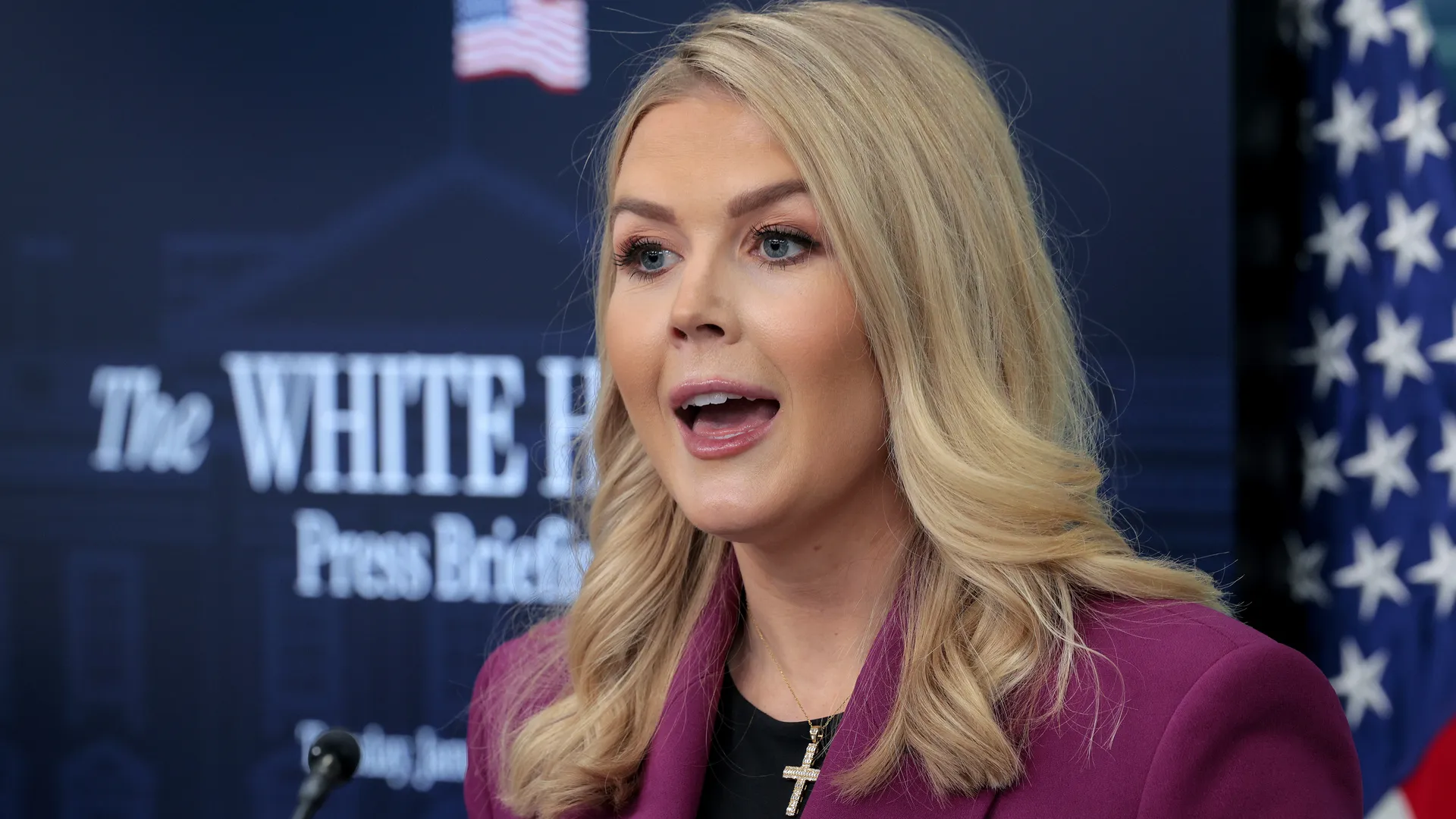Mass Dismissals Raise Alarm Bells
On January 24, 2025, former President Donald Trump executed a sweeping dismissal of approximately 17 federal inspectors general from various U.S. government agencies. This abrupt move, communicated through a terse email citing a "shift in administrative priorities," has ignited a firestorm of criticism from legal experts, government accountability advocates, and political leaders across the spectrum. Inspectors general play a crucial role in maintaining transparency and integrity within federal institutions by monitoring spending, investigating misconduct, and safeguarding against corruption.
Immediate Backlash from Lawmakers
The reaction from Congress was swift and severe. While some Republican voices raised questions about the legality of such mass firings, Democratic leaders categorized the actions as a "dangerous purge" and a blatant "assault on democratic safeguards." Critics argue that the removal of these independent watchdogs severely undermines the very institutions designed to ensure government accountability. As reported by AP News, this unprecedented move raises serious concerns about the erosion of oversight mechanisms that are vital for a functioning democracy.

Prosecutors Conclude Army Veteran"s Capitol Riot Pardon also ...
Legal Challenges and Limitations
In response to their dismissals, several of the ousted inspectors general filed a lawsuit in federal court, asserting that their removal violated statutory protections and due process. Although a judge acknowledged the potential legal breach in the dismissals, she ultimately declined to reinstate them, citing the limitations of the court"s ability to challenge presidential authority. This troubling precedent highlights the significant power imbalance that exists within our political system and raises questions about the protections afforded to federal watchdogs. The implications of this scenario are profound, as it signals a permissive environment for executive overreach.
Impact on Oversight and Investigations
The effects of these firings were felt immediately, with several ongoing investigations being either suspended or slowed. Many of the dismissed inspectors general were overseeing sensitive inquiries related to administrative practices that could expose misconduct and corruption. As a result, trust in the objectivity and continuity of federal oversight has diminished, leading to a decline in morale among inspector general offices. The implications extend beyond individual agencies; they resonate throughout the entire federal landscape, as public confidence in government transparency wanes.

White House defends inspectors general firings by citing ...
The Broader Context of Executive Power
This mass firing has reignited a national debate about the balance between executive power and institutional independence. Critics fear that such actions, if left unchecked, could further erode the safeguards built into our democratic system—safeguards that ensure accountability and uphold the rule of law. The very essence of a functioning democracy lies in the principle that no one, including the president, is above oversight. As reported by Government Executive, this episode starkly illustrates the growing tension between centralized authority and foundational values of government transparency and accountability.



![[Video] Gunfire between Iraqi security forces and Sadr militias in Baghdad](/_next/image?url=%2Fapi%2Fimage%2Fthumbnails%2Fthumbnail-1768343508874-4redb-thumbnail.jpg&w=3840&q=75)
